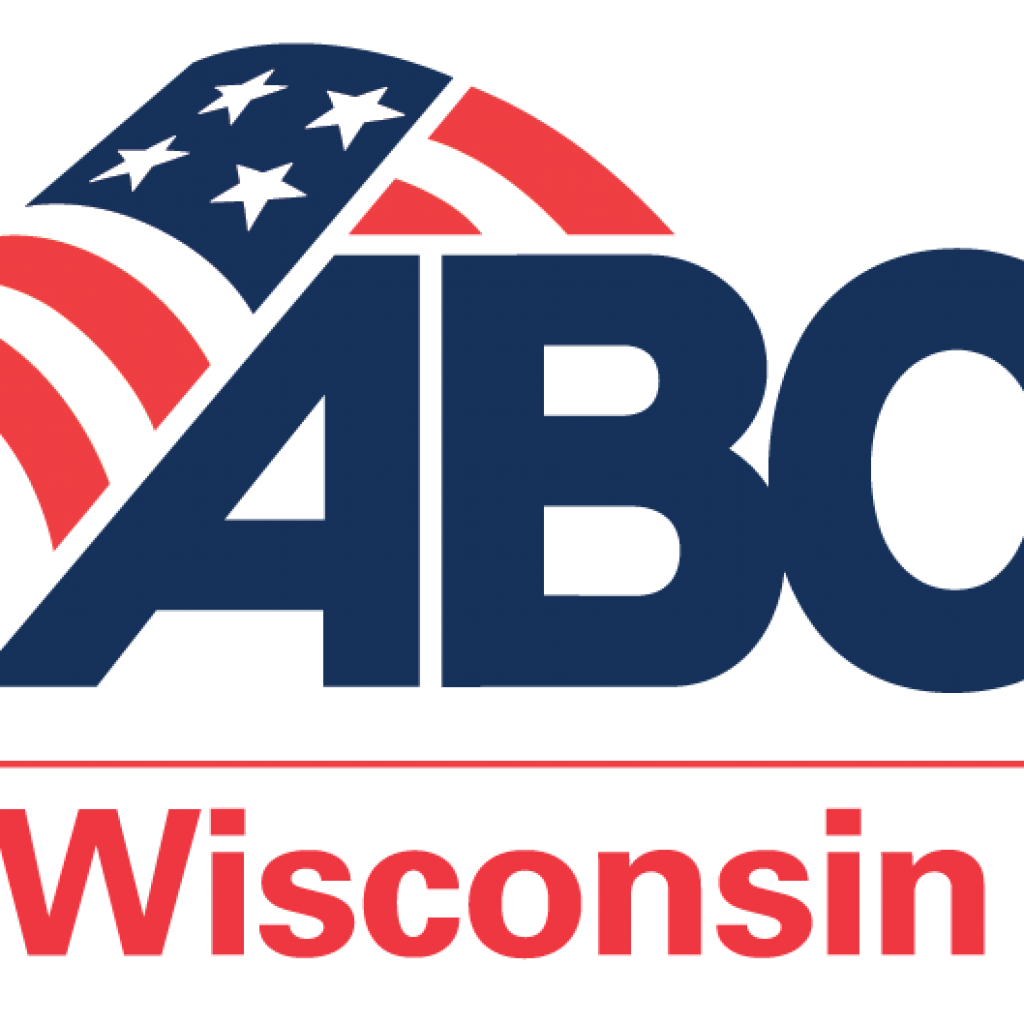By Bob Sanders, Taylor English Duma, LLP
The NLRB issued a decision on February 21, 2023, ruling that employers cannot include broad confidentiality and non-disparagement clauses in their severance agreements. The full decision can be accessed here.
The clauses at issue in this case were as follows:
Confidentiality Agreement. The Employee acknowledges that the terms of this Agreement are confidential and agrees not to disclose them to any third person, other than spouse, or as necessary to professional advisors for the purposes of obtaining legal counsel or tax advice, or unless legally compelled to do so by a court or administrative agency of competent jurisdiction.
Non-Disclosure. At all times, hereafter, the Employee promises and agrees not to disclose information, knowledge or materials of a confidential, privileged, or proprietary nature of which the Employee has or had knowledge of, or involvement with, by reason of the Employee’s employment. At all times hereafter, the Employee agrees not to make statements to Employer’s employees or to the general public which could disparage or harm the image of Employer, its parent and affiliated entities and their officers, directors, employees, agents and representatives.
The Board found those clauses could prevent the employee (or former employee) from discussing their wages, hours, and other terms and conditions of their employment, which is a violation of the employee’s protected rights under Section 7 of the National Labor Relations Act. Employers have been reaching out to me with questions about this decision since it was issued, so, for your benefit, the following are some of the frequently asked questions.
AS IT STANDS NOW, THE RULING MEANS EMPLOYERS CANNOT INCLUDE BROAD CONFIDENTIALITY AND NON-DISPARAGEMENT CLAUSES IN THEIR SEVERANCE PACKAGES.
We do not have any union employees, does this decision still impact our company?
Yes. Section 7 of the NLRA applies to both union and non-union employees. However, the NLRA does not apply to government employees, agricultural laborers, independent contractors, and supervisors (with limited exceptions) – so no changes are needed to severance agreements used with supervisors (with limited exceptions).
Does this decision invalidate our prior severance agreements?
No. This decision is prospective, so it does not impact severance agreements signed prior to February 21, 2023.
Can we still include confidentiality or non-disclosure provisions in future severance agreements?
Yes. They just need to be carefully drafted so as not to restrict the employee’s Section 7 rights or other protected rights.
Could this decision be overturned?
Yes. If appealed there is a good chance that it will be overturned at the Court of Appeals and an even better chance that it will be overturned at the Supreme Court. It could also be overturned by a future Board under a new Administration. For now, employers should follow the rule set forth in this decision and update their severance agreements accordingly.
Bob Sanders is a partner at Taylor English Duma LLP. He helps companies across the country make confident, business-minded employment decisions. He routinely counsels employers on best practices to avoid risk when handling employee discipline and discharge, leave and accommodation, discrimination and harassment, wage and hour, worker safety, and other employment issues. He can be reached at rsanders@taylorenglish.com.
These materials are informational in nature, are not legal advice, and do not create an attorney-client relationship.












